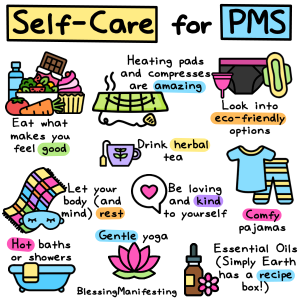Alzheimer’s disease – the pitfalls and the management of the disease

Alzheimer’s disease – the pitfalls of the disease
Alzheimer’s disease is a disease that affects the brain. Depending on the treatment, it progresses slowly but also quickly.
While forgetfulness is the main feature at the beginning of the disease, those affected begin to become disoriented as the disease progresses.
Later they do not understand also the spoken word any more and cannot master their everyday life any more alone.
It is important to know that Alzheimer’s disease is not a typical disease of old age. It can affect anyone and often begins from the age of mid-thirties, early forties.
Mostly the concerning do not recognize the symptoms however yet as Alzheimer, but classify the forgetfulness as reaction to stress.
Thus, it is not only important to deal with the issue, but also not to lose ground after the diagnosis of Alzheimer’s disease.
Diagnosis of Alzheimer’s disease, what now??
Just because the doctor has diagnosed Alzheimer’s, it does not mean that the whole life is now over.
For those affected, it is important to go about their daily lives on their own as best they can and to continue to challenge their memory.
There are also forms of therapy and medication for young sufferers that can greatly slow down the course of the disease.
The best way is, of course, to prevent it at a young age. Especially if a close relative is also affected by Alzheimer’s disease, there is a risk of inheritance.
If one’s own parents or grandparents are affected, the risk is even very high. These groups of people do well to train their brain.
Forms of therapy in the treatment of Alzheimer’s disease
The primary goal is to improve the quality of life of those affected as much as possible. Most often, the affected person falls into a deep hole of sadness and helplessness, which can even end in depression.
That is why doctors are keen to slow down the disease as much as possible, even if this is not entirely possible.
Antidementives and antidepressants
Anti-dementia drugs are usually used to help improve memory and, of course, to slow down the disease.
However, these usually only help in the early and middle stages. Antidepressants are also used to prevent sufferers from falling into depression.
This would tend to accelerate the progression of the disease. Those with depression take everything as it comes, become listless and lapse into sadness. This is where the antidepressant comes in and lifts the mood.
Music therapy and occupational therapy
In addition to medication, the affected person can also be trained by means of certain forms of therapy such as music therapy or occupational therapy.
The main aim of these therapies is to give the patient pleasure and improve their mood.
Occupational therapy in particular is also about retaining physical abilities or improving them somewhat.
A doctor will decide which treatment method is correct. He conducts various tests and determines how far the disease has already progressed.
Based on this, he puts together a treatment plan for his patient.
Precaution, prevention and support
Alzheimer’s is not curable, so it is all the more important to take precautions at an early age.
If you always sit in front of the TV and don’t challenge your brain, you not only have a higher risk of falling ill.
It even risks that the disease progresses quickly.
Good prevention is physical exercise, a healthy diet, exercising the mind, socializing and, of course, avoiding all risk factors such as smoking, drugs and excessive alcohol consumption.
It is never too late to learn something new and this really trains the mind.
So why not learn a new language, go on city trips, do crossword puzzles, or specifically read knowledge books. All this is food for the brain and therefore good.
Whoever cares for a person suffering from Alzheimer’s should also pay attention to targeted support.
It can’t hurt to ask the person to tell stories about his life or take him on outings.
This person wants to be perceived as a human being and not treated like an invalid.
Alzheimer’s disease and professional life
A normal daily routine must also be maintained in professional life. The employer should be informed about the illness, because forgetfulness at work can also lead to trouble with the employer.
In addition, jobs in very responsible positions may have to be exchanged for easier activities.
Therefore, it is also advisable not to make a secret of the disease here.
Work itself is a good workout for the brain and is good for the psyche. The affected person does not have the feeling that he is not worth anything anymore.




